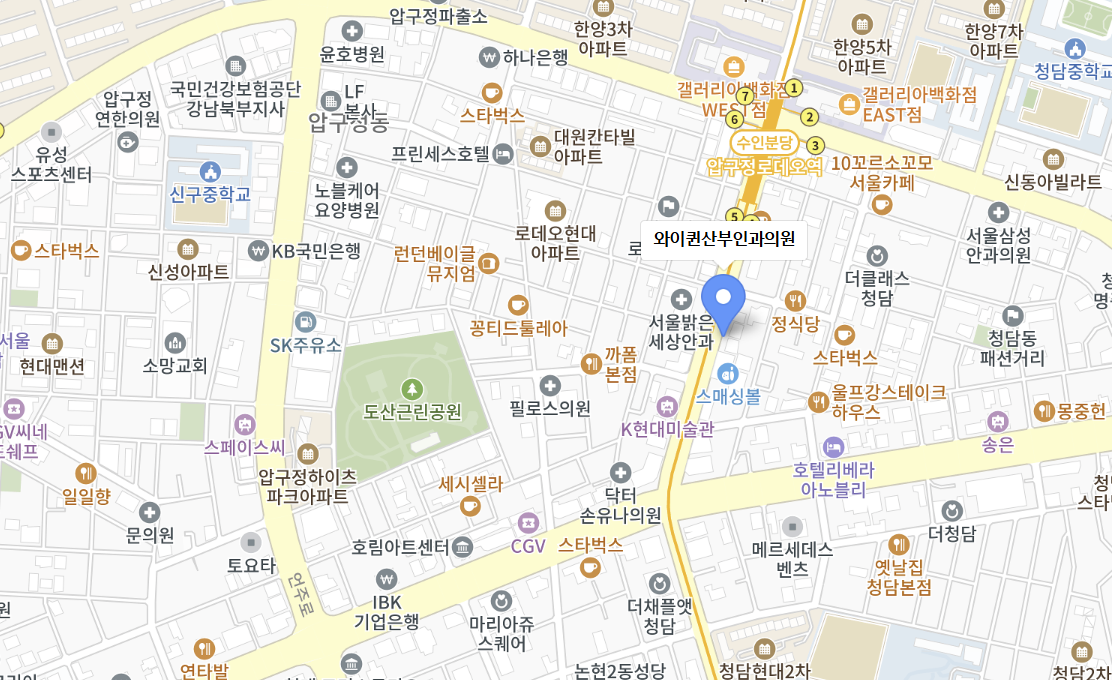Abortion in Korea
Abortion in Korea – Seoul | Access, Legal Status & Support
Abortion in South Korea has undergone significant legal and social changes, making access to services more open. For residents, expats, or travelers in Korea—especially Seoul—understanding the current legal status, available services, and support systems is crucial for informed reproductive healthcare decisions.
Why Understanding Abortion Access Matters
Access to safe and legal abortion is a fundamental aspect of reproductive health. Understanding the current landscape helps:
- Ensure Safe Procedures: Access to medical supervision minimizes risks associated with unsafe abortions.
- Protect Reproductive Rights: Ensures individuals can make decisions about their own bodies.
- Provide Necessary Support: Connects individuals with counseling, financial, and emotional resources.
- Promote Public Health: Reduces complications from unregulated procedures.
Legal Status of Abortion in Korea As of January 1, 2021, South Korea's abortion ban was officially lifted. The Constitutional Court ruled in 2019 that the ban was unconstitutional, leading to its abolishment.
- Current Law: Abortion is now legal and accessible within specific gestational limits.
- Gestational Limit: Typically up to 24 weeks of pregnancy. Beyond 14 weeks, there might be stricter conditions (e.g., specific medical reasons, or spousal consent if married, though the latter is also under review). Confirm exact regulations with a healthcare provider.
- Reasons for Abortion: The law now permits abortion for a broader range of reasons beyond strict medical necessity, though specifics may still be guided by medical discretion.
- Public Health Insurance: Abortion procedures are generally not covered by the national health insurance (NHIS) and are typically an out-of-pocket expense.
Where to Access Abortion Services in Seoul
In Seoul, abortion services are primarily available at:
- OB/GYN Clinics: Many private OB/GYN clinics now offer both medical (pill-based) and surgical abortion procedures. These clinics prioritize patient privacy. It's advisable to call ahead to inquire about services, gestational limits they handle, and pricing.
- Large University Hospitals: For later-term abortions (within legal limits) or cases with complex medical conditions, larger university hospitals with comprehensive gynecology departments may provide services.
- International Clinics in Gangnam & Itaewon: While not all international clinics perform abortions, they can often provide referrals to trusted Korean OB/GYN clinics with English-speaking staff that offer these services, ensuring smoother communication and process navigation for expats.
It is recommended to search for abortion-related terms on local platforms, but direct phone calls are often necessary due to the sensitive nature of the service. Support organizations can also provide updated lists of clinics.
Cost Breakdown
The cost of an abortion in Korea is entirely out-of-pocket and varies significantly based on gestational age, type of procedure (medical vs. surgical), and the clinic.
- Medical Abortion (Pill-based, early pregnancy, typically up to 9-10 weeks): ₩500,000 to ₩1,000,000 (approx. $370 – $750 USD). This involves prescribed medication, usually taken at home after consultation.
- Surgical Abortion (early pregnancy, up to 14 weeks): ₩800,000 to ₩1,500,000 (approx. $600 – $1,100 USD). This typically involves a vacuum aspiration procedure.
- Surgical Abortion (later in the second trimester, up to 24 weeks, if legal/medical conditions met): ₩1,500,000 to ₩3,000,000+ (approx. $1,100 – $2,200+ USD). Costs increase significantly with gestational age due to higher complexity and risks.
- Initial Consultation & Ultrasound: May be included in the total cost or charged separately, usually ₩50,000 – ₩150,000 (approx. $37 – $110 USD).
- Post-procedure check-up and medication: May be included or extra.
Note: These are estimated costs and can vary widely. Get a clear quote from the clinic during your consultation.
What to Expect During the Procedure & Aftercare
- Confidential Consultation: A private discussion with a doctor to confirm pregnancy, assess gestational age, discuss options, and explain the procedure and risks.
- Medical Abortion: Involves taking specific pills with clear instructions on administration and expected effects (cramping, bleeding). Follow-up is essential.
- Surgical Abortion: Performed in-clinic, often under local anesthesia or light sedation. The procedure is typically quick (10-30 minutes).
- Recovery:
- Medical Abortion: Recovery involves cramping and bleeding similar to a heavy period, lasting for days to weeks.
- Surgical Abortion: Immediate recovery involves rest at the clinic for a few hours. Mild cramping and light bleeding may last for days to weeks.
- Aftercare:
- Avoid strenuous activity, heavy lifting, tampons, and sexual intercourse for 2-4 weeks to prevent infection.
- Follow all post-procedure instructions, including taking prescribed medications (e.g., antibiotics) and attending follow-up appointments (typically 1-2 weeks later).
- Emotional support and counseling can be very beneficial.
Support and Resources
Several organizations and hotlines offer support and information:
- Korean Association of Obstetricians and Gynecologists (KAOG): Can provide information on clinics.
- Women's Rights Organizations: May offer counseling and support.
- Expat Communities: Online forums and groups can sometimes share experiences and discreet referrals.
Abortion access in Seoul is now more aligned with international standards, offering safe, legal, and confidential options. Understanding the process and available support ensures individuals can make informed decisions about their reproductive health.
Pro Tip: Due to the sensitive nature and varying policies, always call clinics directly to confirm services, gestational limits, and pricing before your visit. If language is a barrier, consider utilizing translation apps or bringing a trusted English-speaking friend.





